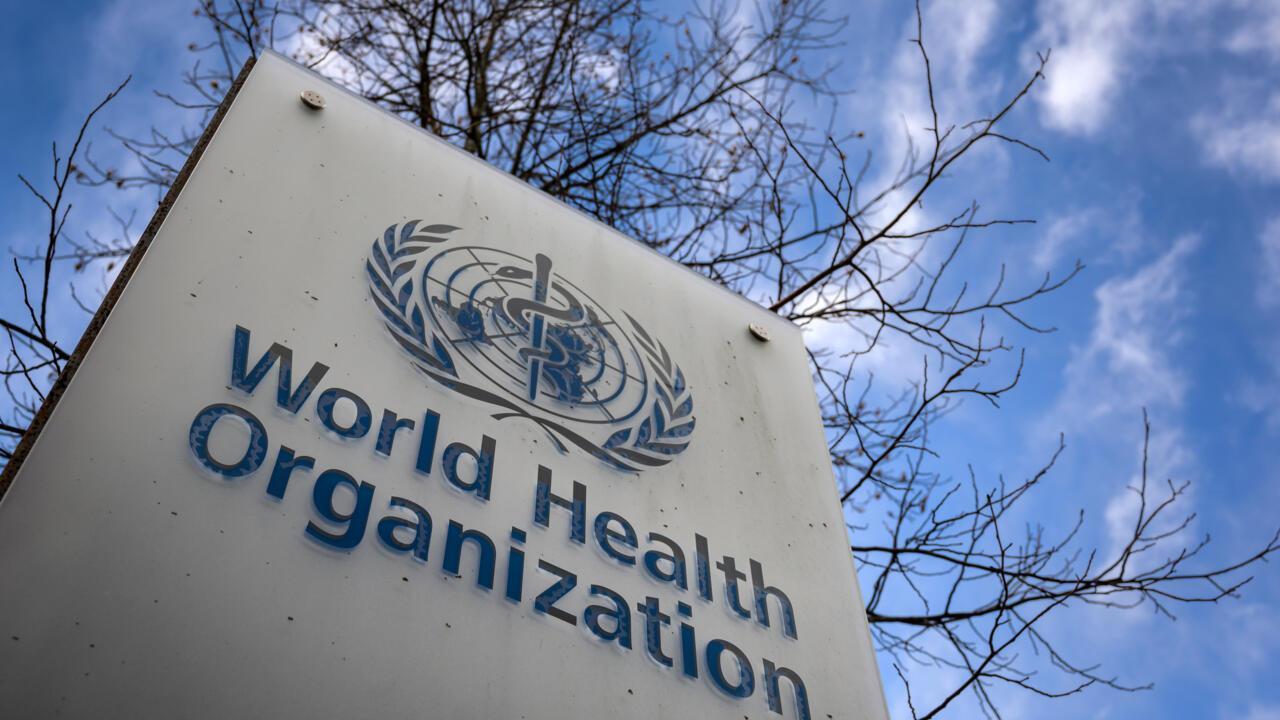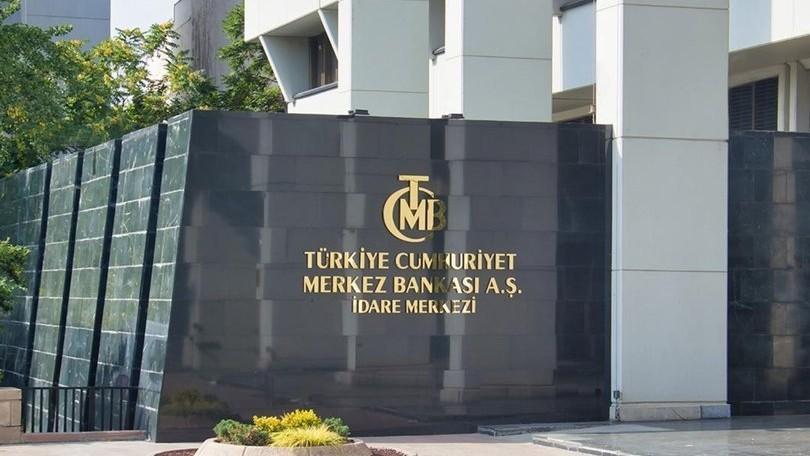Obama’s strong reaction to Erdoğan
The White House statement against Turkish Prime Minister Tayyip Erdoğan’s Aug. 20 remarks about Israel being behind the military coup in Egypt is the strongest ever reaction by the U.S. against a Turkish leader so far. U.S. President Barack Obama’s spokesman did not only “strongly condemn” Erdoğan’s remarks, but also used words like “offensive, unsubstantiated and wrong” to describe the accusations.
There was no response on the Turkish side as the Hürriyet Daily News went to press; a pre-planned National Security Board meeting was ongoing anyway. However, this statement is likely to take its place among other troublesome points in Turkish-U.S. relations, such as President Johnson’s letter in 1964 over Cyprus, the arms embargo in 1974, again over Cyprus, and the Suleymaniyah affair in 2003 over the U.S. invasion of Iraq and the Kurds.
This bitter U.S. statement defending Israel against the Turkish PM should be taken seriously by the Turkish government regarding the current state and future of its foreign policy. The is mainly because of the following reasons.
1) ISOLATION AND EXCLUSION: Erdoğan, who initiated his foreign policy with a positive motto, “zero problems with neighbors,” is now at a point where he is at odds with and challenges not only “the West,” but also now the Arab countries, because they are not on the same page as him about the coup in Egypt, as an extension of his policies on Syria. Turkey has withdrawn its ambassadors from Israel, Syria and now Egypt, but Erdoğan’s counterparts are seemingly not terribly impressed nor affected by Erdoğan’s remarks and moves. Turkey is no longer directly involved in, if not excluded, from the ongoing diplomacy regarding Egypt and the Israeli-Palestinian dialogue.
2) IDEOLOGY BEFORE NATIONAL INTERESTS: Foreign Minister Ahmet Davutoğlu has decided to go on a European tour covering Germany, the U.K. and Italy. But his priority is not to promote Turkey’s strategically critical relations with the European Union, which are in decline. Instead, his priority seems to be promoting democracy in the Arab region. It is possible to see this move within Erdoğan’s “what if it happens in Turkey, too?” Egypt concerns in the same speech on Aug. 20 in Ankara. The situation has already started to affect Turkey’s exports to Middle Eastern countries, but this cannot be raised openly because business circles do not choose to be outspoken nowadays. There is an impression that Turkish foreign policy is becoming increasingly based on principles and ideology, rather than national interests.
3) OBAMA’S SUPPORT FOR ERDOĞAN: There is a suggestion that has been whispered in diplomatic circles for some time that the only world leader who Erdoğan takes seriously and really listens to is Obama. It is also the widespread belief that Obama is personally intervening to prevent the U.S. system from further statements or moves regarding Turkey because of its regional policies or human rights implementations, both out of his personal sympathy to Erdoğan and Erdoğan’s full cooperation with Obama when it comes to NATO and military issues.
It is natural that Ankara cannot remain silent regarding such a bitter statement from the U.S. However, the statement could be a reason to start thinking about how to regain credit for Turkish foreign policy for Erdoğan, Davutoğlu and President Abdullah Gül, who are the ones shaping it.











